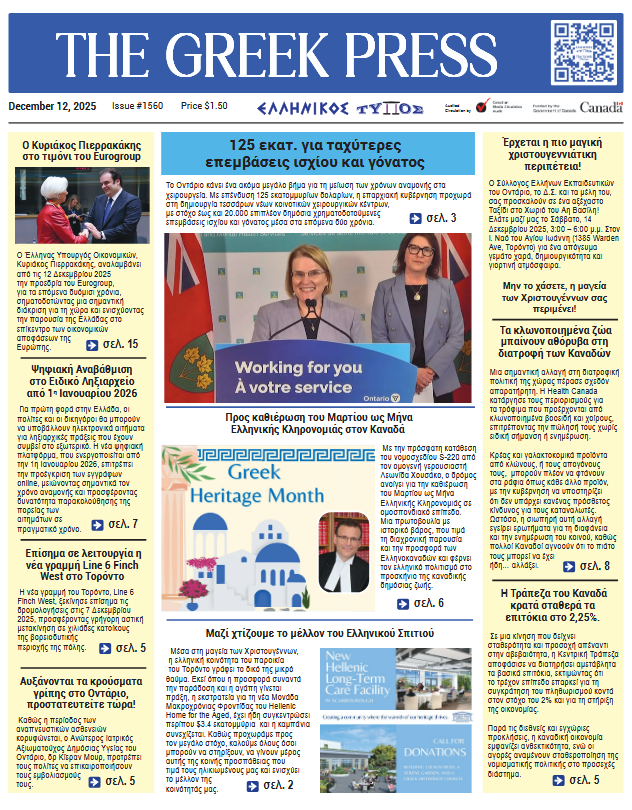 CLICK TO VIEW THE WHOLE PUBLICATION ONLINE
CLICK TO VIEW THE WHOLE PUBLICATION ONLINESophocles wrote more than 120 plays in fifth century Athens of which only seven have survived. His Oedipus Rex is considered one of the greatest tragedies ever written and Antigone is produced frequently as the example par excellence of standing up to tyranny and dictators.
Elektra, his tragedy about the daughter of King Agamemnon is less frequently produced but it is an astonishing play about obsession, hatred, and overwhelming passion for revenge against her mother Clytemnestra. Agamemnon returned from the Trojan War a hero only to be famously killed in the bathtub by his wife and her lover Aegisthus. Elektra waits for the return of her brother Orestes to avenge her father’s death.
Daniel Fish directs an idiosyncratic production of Elektra at the Duke of York’s Theatre in London that shows his fertile imagination without paying much attention to Sophocles or ancient Greek drama. He has Brie Larson, an Academy Award winning actor among a wheelbarrow of other pries?, in the lead role and delivers his personal version of the tragedy.
This is a modern dress production with Elektra wearing blue jeans and a T-shirt with the words BIKINI KILL on it. The set by Jeremy Herbert consists of a revolving stage with microphone stands and large loudspeakers that make it look like a Hifi store. The Chorus of Mycenean women are arrayed at the back of the stage and produce some cacophonous chants.
Larson with a cropped hairdo, microphone or two in hand, lets out screams, screeches and worse. She scrapes the microphone on the face of the speakers to produce more unpleasant sounds and screeches, more than once. She uses a different microphone to imitate Clytemnestra’s screeches.
Elektra is so obsessed with hatred for her arrogant and imperious mother (played by the talented Stockard Channing) and her lover Aegisthus (played by the marvelous Shakespearean actor Greg Hicks) and her lust for revenge that she is probably unhinged. Her brother Orestes (Patrick Vaill) was sent away, for his own safety and Elektra is pining for his return.
One of the defining features of every modern production of Greek tragedy is the treatment of the Chorus. We know relatively little about how exactly it was used in Ancient Greece, but scholars tell us that it sang, chanted, danced and interacted with the main characters. There is some of that, sort of, in this production but let’s just say it is unsatisfactory or maybe in line with the rest of the production. And what is all that clanging that sounds like gun shots in the background?
Fish is using Anne Carson’s 2001 translation of the play and no doubt that is a good choice. But he does not use the whole play. The role of Pedagogos, the Old Man, is cut out and some of the speeches and choral odes are shortened. This is a “version” of Carson’s translation but not by Carson. If it is by Fish or whoever we are entitled to know. The play is done in 75 minutes which indicates cuts.
Looking for a production the way the Athenians would have witnessed it twenty-five hundred years ago is untenable because we simply do not know what they would have seen. We must rely on a “version by” or an “adaptation by.” In any case, we need to grasp what the director is trying to convey to us. In this case, Fish seemed to be going all over the place and I could not grasp what he was getting at and I was annoyed when I should have been immersed in Sophocles’ play. Fish’s flights of fancy no doubt meant a lot to him but nothing to me.
Elektra by Sophocles in a translation by Anne Carson continues until April 12, 2025, at the Duke of York’s Theatre, 104 St. Martin’s Lane, London, WC2N 4BG. https://www.thedukeofyorks.com/






























